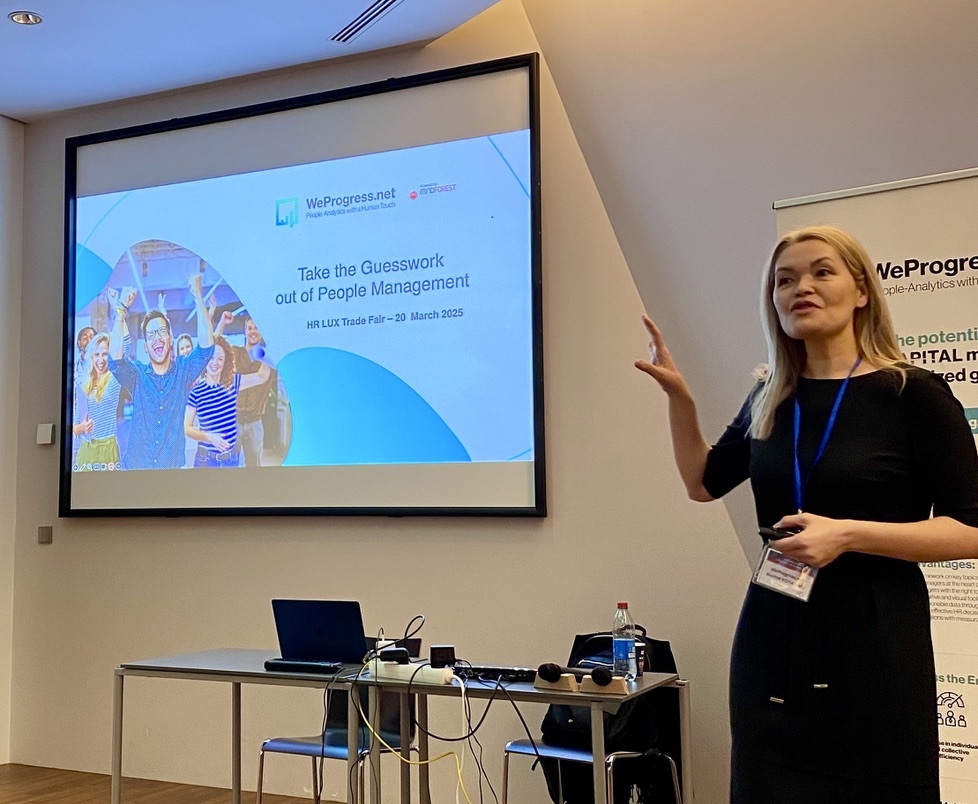The impact of engagement on profitability
According to a statistic published by Hailo[1], companies with high employee engagement are 21% more profitable than those with employees who are less engaged. This should be excellent news for any company which is working to improve its engagement levels, as it shows that there is a lever that can be applied to improve employee engagement. When you also take into account that on average only 20% of employees world-wide are actually engaged in their work, it becomes even more apparent that there is a lot of margins for improvement.
The question is why are so few people engaged in their work, after all most of them spend the majority of their waking hours in some form of employment. This poses the question: “Which are the most frequent root causes of disengagement and how can the situation be remedied?”
Engagement over happiness at work?
First, we need to clarify that engagement is not synonymous with employee satisfaction or happiness; even though the concepts are inevitably closely linked. It is unlikely that a dissatisfied employee will be more engaged than a satisfied colleague, but nevertheless it is possible to remain engaged even if a job does not necessarily make you happy. An employee may believe in doing their best and making a constructive contribution, even if they would prefer to be doing something else.
If engagement is not happiness or satisfaction, then what exactly is it. According to Gallup[2] , employee engagement is the involvement and enthusiasm of employees in their work and workplace. Employee engagement helps you measure and manage employees’ perspectives on the crucial elements of your workplace culture. Another [4] says that employee engagement is the emotional and professional connection employees feel toward their organization, colleagues and work. High engagement leads to increased job satisfaction, performance, employee retention and is a reflection of a positive overall employee experience.
This highlights the importance of identification with a company. One important aspect of employee engagement is the attribution of recognition. According to Octanner[5] , 37% of employees believe that recognition is an essential factor at work. If they do not feel that their input is being adequately recognised, they will gradually reduce their impact – if only to see if anyone notices! In fact, according to Haiilo , 69% of employees go so far as to say that they would work harder if they were better appreciated. Activating such potential has nothing to do with monetary rewards, it relies entirely on human interaction and the implementation of a fair means of showing appreciation for work well done.
69% of employees go so far as to say that they would work harder if they were better appreciated
Haiilo

The impact of a positive work culture
If employees feel engaged, they generally feel empowered to perform better. To quote Mark Tenney[6], “while there are many factors that can and do affect an organization’s financial performance, employee engagement is probably the factor that has the biggest impact on an organization’s profitability and, by extension, its future success.” This is because employee influences a wide variety of factors including a reduction in workplace accidents, reduced absenteeism, greater sense of well-being, higher employee retention and increased customer satisfaction levels. All of which constitute huge potential sources of cost reduction and/or increased revenue.
Positive recognition should therefore form a major component of every work culture as it creates both a sense of trust and a sense of belonging in employees. Both factors have been shown to be vitally important levers of employee engagement. They also tie into the importance of the human need to be able to form meaningful relationships both in a professional and private context. If a company actively supports employee well-being through recognition, empowerment and support, it will reap benefits in the form of increased loyalty and better performance levels, especially if workers believe that their managers are taking a genuine interest in their welfare. According to Naz Beheshti at Forbes[7], employees who feel valued are 4.6 times more likely to feel empowered and to perform better.
Even if current engagement levels are low, once employees recognized that genuine measures are being taken to identify and remedy the root causes of disengagement, they are likely to welcome such changes and identify with the new measures. Thus, a win-win situation can be created for both the company and its employees. To quote Simon Sinek, “If you hire people just because they can do a job, they’ll work for money. But if you hire people, who believe what you believe, they’ll work for you with blood, sweat and tears”
While there are many factors that can and do affect an organization’s financial performance, employee engagement is probably the factor that has the biggest impact on an organization’s profitability and, by extension, its future success.
Mark Tenney
Let us help you
WANT TO RECEIVE OUR LATEST THOUGHT LEADERSHIP CONTENT?
Related posts
 Take the Guesswork out of People Management
Take the Guesswork out of People Management
 From processes to people: achieving quality
From processes to people: achieving quality
 Daring to lead Positive Transformation: What if Positive Emotional Capital was your key to sustainable change?
Daring to lead Positive Transformation: What if Positive Emotional Capital was your key to sustainable change?
 Why hire Change management professionals? We can do it alone!
Why hire Change management professionals? We can do it alone!
 Digital Transformation and Change Management: Lessons shared in an event hosted by Cebi and MindForest
Digital Transformation and Change Management: Lessons shared in an event hosted by Cebi and MindForest



